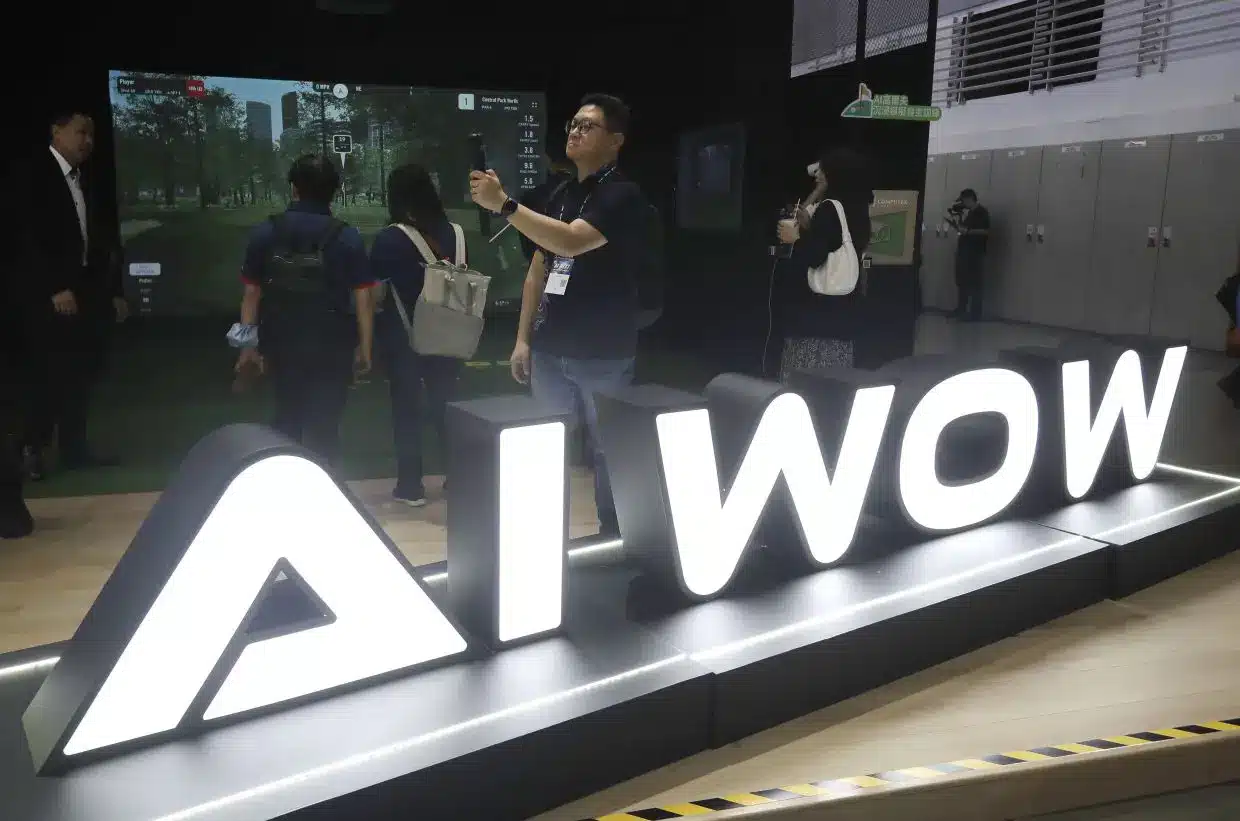Computex 2025: Key Insights from Asia’s Leading AI Technology Event

With the global spotlight on the AI competition between the United States and China, the Computex conference in Taiwan has underscored the island’s pivotal role in the technology sector. While this year’s event did not unveil groundbreaking innovations like last year’s Nvidia roadmap, it attracted significant attention amid ongoing tensions regarding tech restrictions. Key takeaways from Computex 2025 reveal a shift towards enterprise AI applications, the impact of China’s advancements, and Taiwan’s strategic positioning in the semiconductor industry.
Consumer AI Needs More Time
This year’s Computex saw a noticeable shift in focus away from consumer applications of AI. In 2024, Qualcomm had captivated audiences with promises of AI enhancing everyday technology, but this time, the emphasis was on enterprise solutions. Foxconn, known for assembling the majority of the world’s iPhones, delivered its first keynote address centered on heavy-duty AI applications. The company discussed initiatives aimed at smarter cities, robotics in manufacturing, and more efficient electric vehicle designs, but there was little to excite the average consumer.
Asustek Computer’s co-CEO, Samson Hu, provided a sobering outlook on the future of AI PCs. He indicated that it may take one to two years for these devices to become mainstream due to immature software and new tariffs from the U.S. Hu mentioned that Asus might need to increase prices in the U.S. by up to 10% to offset these tariffs, further complicating the market landscape for consumer technology.
DeepSeek Changed AI
The introduction of DeepSeek in January has significantly altered the AI landscape, showcasing China’s rapid advancements in technology. Nvidia’s CEO, Jensen Huang, acknowledged China’s impressive capabilities in software development and its potential to close any technological gaps. He noted that DeepSeek has popularized reasoning models, which demand substantially more computing power than before. Huang explained that the need for computing resources has surged, increasing by a factor of 100 to 1,000.
This shift in AI requirements has raised questions about the future of computing infrastructure and the competitive dynamics between the U.S. and China. Huang’s comments reflect a growing recognition of the challenges posed by China’s technological ambitions and the need for the U.S. to adapt its strategies accordingly.
China Looms Large
The conference highlighted Nvidia’s precarious position as the U.S. government implements chip restrictions aimed at curbing China’s technological rise. Huang characterized these efforts as a “failure,” urging Washington to reconsider its approach. He warned that if Nvidia is barred from selling in China, local companies like Huawei would quickly fill the gap, leveraging their talent and determination to advance their technologies.
This sentiment resonates with key officials in Washington, who are increasingly aware of the implications of these restrictions. Concurrently, Huawei hosted its own AI developer event, promoting its Ascend chips, which are intended to rival Nvidia’s offerings. Additionally, Xiaomi announced the development of a new 3-nanometer mobile chip, further intensifying competition in the semiconductor space.
Taiwan Charm Offensive
Intel’s new leadership has made efforts to strengthen relationships with Taiwanese partners, following concerns raised by the previous CEO about Taiwan’s semiconductor dominance. During a recent event in Taipei, Lip-Bu Tan praised local supply chain partners, emphasizing their importance to the industry. Nvidia also dedicated significant time at Computex to acknowledge its Taiwanese collaborators, highlighting the critical role they play in the tech ecosystem.
The presence of influential figures, such as SoftBank Group’s Masayoshi Son, further underscores the importance of Taiwan in the global technology landscape. Despite the competitive pressures, the collaboration between Taiwanese firms and major tech companies remains vital for innovation and growth in the semiconductor sector.
Observer Voice is the one stop site for National, International news, Sports, Editor’s Choice, Art/culture contents, Quotes and much more. We also cover historical contents. Historical contents includes World History, Indian History, and what happened today. The website also covers Entertainment across the India and World.

